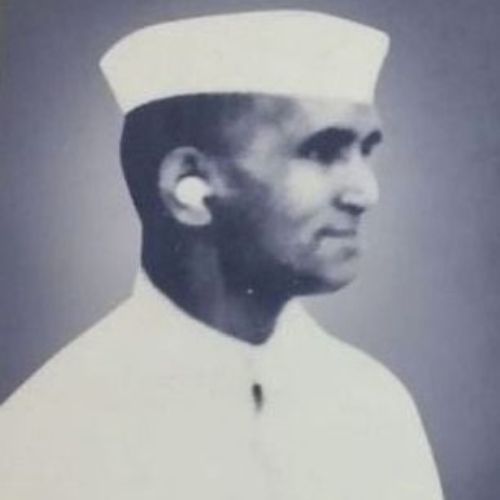Early Life
Damodar Swarup Seth was born in February 1896 in Bareilly, Uttar Pradesh. He completed his primary education at the Government High School and secondary education at A.P. Mission High School, Allahabad. He completed his education from Lucknow’s Reid Christian College.
Role in India’s Independence Movement
Seth played a vital role in the Indian freedom struggle and was arrested on several occasions for his participation in various independence movements. He was among 40 people arrested for their role in the 1925 Kakori Conspiracy Case, a train robbery. Seth was also a member of several political organisations like the All India Congress Committee and UP Satyagraha Council. He served as the Secretary of the Congress Socialist Party in 1935, the President of the UP Congress Committee in 1946 and as the national executive member of the Socialist Party of India.
Contribution to Constitution Making
Seth was elected to the Assembly from the United Provinces on a Congress Party ticket. His interventions in the Assembly were focused on Fundamental Rights and the need for a new Constituent Assembly.
Later Contributions
Not much is known about Seth’s life post 1949. He passed away in 1965.
- Seth was an advocate for minority rights in India. However, he was against the idea of reservations for ‘backward classes’. During an Assembly debate on the fundamental right of equality of opportunity, he stated that it was necessary to provide backward classes with concession, so they had equality of opportunity but he also felt that qualification for a public post should be on the basis of merits and reservation in public employment would be a ‘negation of efficiency.’
- In a debate around the article on the right given to religious and linguistic minorities, Seth argued that minorities must only be recognized on the basis of language and not a religion since India was a secular state.
- In another speech in the Assembly, he expressed the need for a separate segment for the freedom of press under the fundamental right to freedom of speech and expression. He believed that the press was getting more powerful by the day and it was necessary to provide them with separate and explicit freedom.
- In the debate on finalisation of the Draft Constitution, he moved an amendment seeking the election of a completely new Constituent Assembly. He stated that the Assembly did not represent the whole country and the members were not directly elected by the people. Hence, he felt that the House was not competent to frame a Constitution for the entire country.

